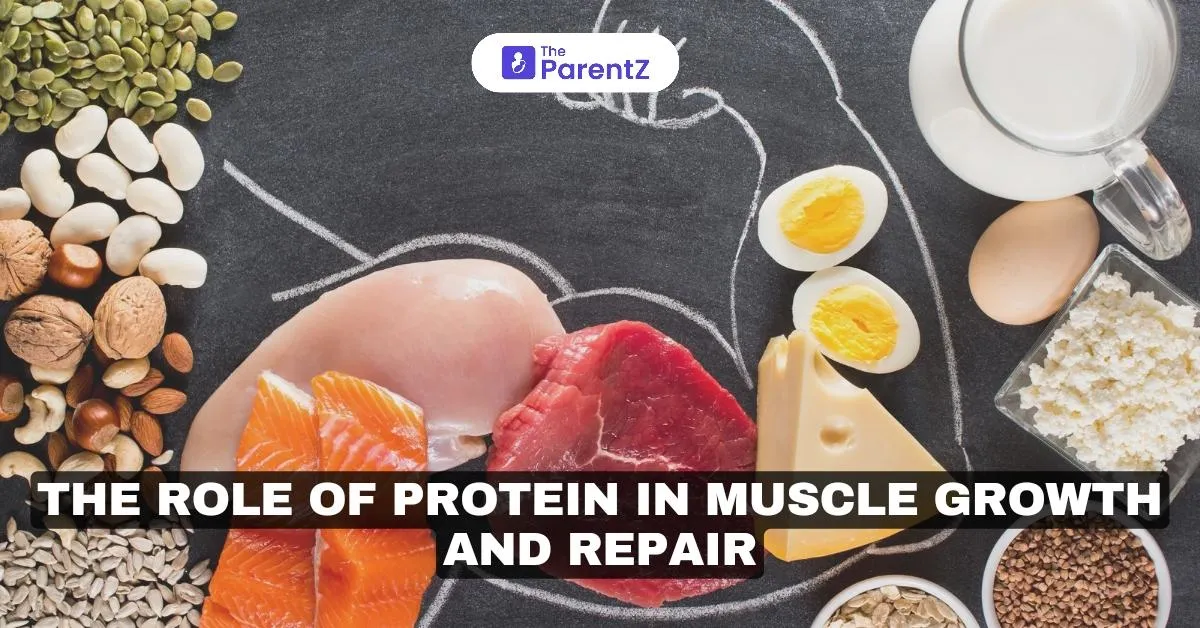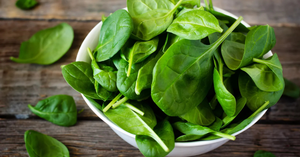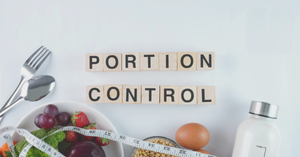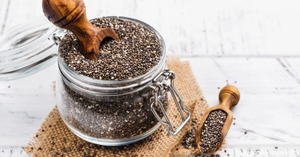Protein is often referred to as the “building block” of the body, and for good reason. It plays a central role in muscle growth, repair, and overall health. Whether you’re an athlete, a fitness enthusiast, or someone recovering from an injury, protein is critical to maintaining and enhancing muscle tissue.
What Is Protein and Why Is It Important?
Proteins are large molecules made up of amino acids that are essential for the structure and function of the body’s cells and tissues. When you exercise or experience muscle stress, your muscle fibers sustain microtears. Protein helps repair these tears, making the muscles stronger and larger over time—a process known as muscle hypertrophy.
Protein also supports various physiological functions, such as enzyme activity, hormone production, and immune system maintenance, but its role in muscle repair and growth is particularly significant.
How Protein Aids in Muscle Growth and Repair
1. Repairing Muscle Damage
During exercise, particularly resistance training or high-intensity workouts, muscle fibers experience microscopic damage. Amino acids from dietary protein are used to repair this damage, forming new muscle proteins that strengthen the fibers.
2. Stimulating Muscle Protein Synthesis (MPS)
Muscle growth occurs when muscle protein synthesis (MPS) exceeds muscle protein breakdown (MPB). Consuming adequate protein stimulates MPS, which promotes the repair and growth of muscle tissue.
3. Preventing Muscle Loss
Protein is essential for preserving muscle mass, especially during calorie deficits, aging, or periods of inactivity. Sufficient protein intake helps reduce muscle protein breakdown, maintaining lean body mass.
4. Enhancing Recovery
Protein supports faster recovery after workouts by reducing inflammation and replenishing muscle glycogen when combined with carbohydrates.
How Much Protein Do You Need?
The protein requirement varies depending on factors such as age, activity level, and fitness goals. Here are general guidelines:
• General Population: 0.8–1.0 grams per kilogram (g/kg) of body weight per day.
• Active Individuals: 1.2–2.0 g/kg of body weight per day.
• Athletes or Bodybuilders: 1.6–2.2 g/kg of body weight per day to support muscle growth and recovery.
For optimal results, it’s important to distribute protein intake evenly across meals throughout the day. Consuming 20–40 grams of protein per meal maximizes muscle protein synthesis.
Best Dietary Sources of Protein
1. Animal-Based Proteins
Animal proteins are considered complete proteins because they contain all nine essential amino acids required for muscle growth. Examples include:
• Eggs
• Chicken, turkey, and lean meats
• Fish (e.g., salmon, tuna)
• Dairy products (e.g., milk, yogurt, cheese)
• Whey and casein protein powders
2. Plant-Based Proteins
For vegetarians and vegans, plant-based proteins can also support muscle health, though they may need to be combined for a complete amino acid profile. Examples include:
• Lentils and beans
• Quinoa
• Soy products (e.g., tofu, tempeh, edamame)
• Nuts and seeds
• Plant-based protein powders (e.g., pea protein, rice protein)
3. Protein-Rich Snacks
Snack options such as Greek yogurt, protein bars, or boiled eggs can help meet protein requirements between meals.
Timing of Protein Intake for Muscle Repair
1. Post-Workout Protein
The post-exercise “anabolic window” (30–60 minutes after exercise) is a crucial time to consume protein. This helps kickstart muscle protein synthesis and enhances recovery.
2. Pre-Sleep Protein
Consuming slow-digesting proteins like casein before bed can support overnight muscle repair.
3. Spread Across the Day
To maximize muscle protein synthesis, distribute protein intake evenly throughout the day, aiming for 20–40 grams per meal.
Protein Deficiency and Its Impact on Muscles
Inadequate protein intake can lead to:
• Reduced muscle mass and strength
• Prolonged recovery time after exercise or injury
• Increased risk of sarcopenia (age-related muscle loss)
• Impaired performance during physical activity
Protein Supplements: Are They Necessary?
While whole foods are the best source of protein, supplements can be a convenient option, especially for individuals with high protein requirements. Popular choices include whey protein, casein protein, and plant-based powders. However, supplements should complement, not replace, a balanced diet.
Tips for Maximizing Protein Benefits
1. Combine with Strength Training
Protein alone won’t build muscle—pairing it with resistance training is key to stimulating muscle growth.
2. Stay Hydrated
Adequate hydration supports protein metabolism and recovery.
3. Monitor Your Intake
Use a food diary or apps to track protein consumption and ensure you’re meeting your daily requirements.
Conclusion
Protein is essential for muscle growth, repair, and overall recovery. By including high-quality protein sources in your diet, consuming it at the right times, and combining it with effective strength training, you can maximize your muscle-building potential. Whether you’re aiming to enhance athletic performance, recover from injury, or maintain muscle mass, protein will always play a critical role.








Be the first one to comment on this story.